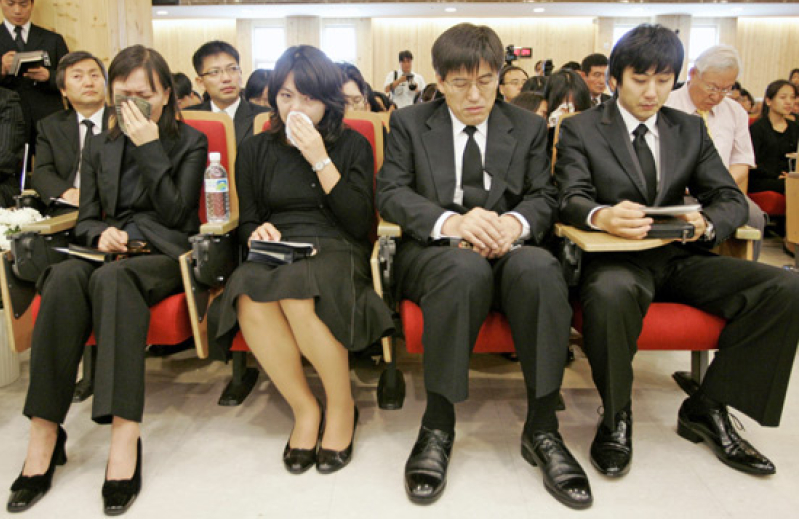
Seoul has asked the South Korean church that sent 23 volunteers to Afghanistan to pay $65,000 for the rescue of their church members after they were kidnapped by the Taliban earlier this summer.
The bill includes air fares, accommodation, recovery of bodies and other expenses involved in the rescue which capped a six-week hostage situation. The request, made last week, asked for compensations totaling 60 million won (US $65,300), according to Yonhap news agency.
“The church plans to pay it back after reviewing it because it already promised to do so,” said Kwon Hyuk-soo, a senior member at the Presbyterian Saemmul Community Church, to Yonhap news agency. Other church members reportedly declined to comment on the repayment.
It has been nearly three months since the group of 23 South Korean aid volunteers were abducted by Taliban gunmen while on a short-term trip to provide free medical services to poor Afghans. Over the course of the 40-day ordeal, the Islamic militants killed two men and freed two women before releasing the last sets of hostages.
It was the largest abduction of foreigners in Afghanistan since the fall of the Taliban regime in 2001.
Saemmul Church and the volunteers were the targets of severe criticism for ignoring government warning against travel in Afghanistan. South Korean citizens were further angered that the hostages caused Seoul to be criticized by the international community for negotiating with Taliban, which many countries consider as terrorists.
South Korea had promised the rebels that they would pull their 210 non-combat troops from Afghanistan by the end of year and block its missionaries from working in the country.
The crisis forced South Korean churches to re-evaluate their overseas mission efforts, which have been criticized as overly aggressive and ill prepared.
In September, leaders of South Korea’s largest Christian organizations held a meeting and agreed that changes needed to be made to improve the safety of overseas missions. However, they affirmed that evangelism needed to continue in hostile locations, but with better preparation of those involved.
Christian Council of Korea, Korea World Mission Association, and the Korea Evangelical Fellowship – the country’s largest Christian and mission-sending agencies – were part of the meeting.
The World Evangelical Alliance’s international director, the Rev. Dr. Geoff Tunnicliffe, who was a part of the meeting, said he estimates that it will take weeks, if not months to lay the ground work for the best practice guidelines for mission efforts.






